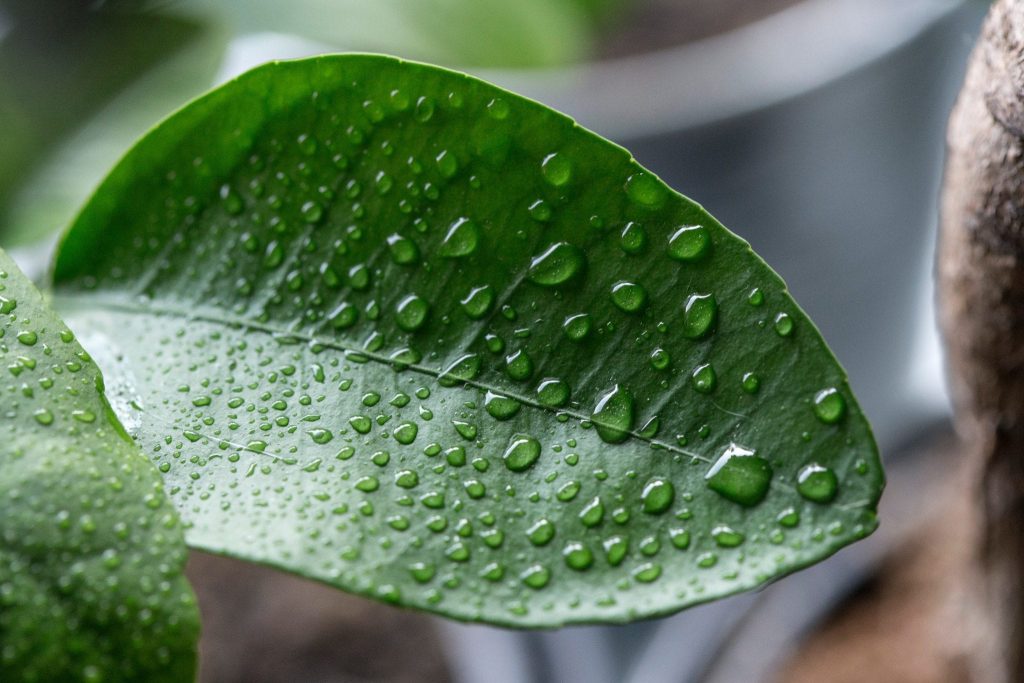
To detect excessive humidity in your home, it is important to be able to recognize some of their signs. Immediate action will help you avoid even bigger problems.
Every house has humidity. After all, living in a home is about using the communications that lead to it. Any house uses at least 15 liters of water a day. And in the shower, and the kitchen, and in the sink, we all use this liquid, which naturally leads to humidity.
If all appliances and plumbing work properly, the water should evaporate and not cause problems. That is why good repairs are so important.
Reasons for excessive humidity in your home
Excessive humidity is a big problem that can damage your health and your home.
Humidity can occur if the house is poorly ventilated or you live in a humid climate. Also, the lack of ventilation in the house in winter can lead to excessive humidity.
Walls, roofs, terraces, or garages can fall victim to humidity. This situation can even happen suddenly.
Fortunately, there are signs that you have a problem with high humidity. You need to act fast.
How to detect excess humidity in your home
If humidity appears in easily accessible places, it is very easy to detect: moldy or black walls indicate a problem. However, sometimes it can appear in places that are not so easily accessible.
The smell can help you know where the humidity is coming from. Although the smell can be different, it is usually associated with the presence of mold and mildew in dark, humid places.
When spores are released, they emit a characteristic odor that will attract your attention. You need to be careful because they are especially harmful to health and can cause or worsen allergies and other respiratory problems.
Constant control
Wooden surfaces, as well as walls and ceilings, are areas for quick detection of humidity.
Constant monitoring is extremely important. It is necessary to regularly check the places where water accumulates.
The kitchen and bathrooms are particularly sensitive to excessive humidity. Condensation on the surfaces indicates the presence of humidity.
Because basements are in constant contact with the soil, they also tend to accumulate humidity. This is due to a poor foundation, which leads to humidity penetration into the soil through the structure.
If the paint peels off the wall, there may be a small leak. This type of humidity is associated with construction problems. Poor waterproofing of roofs, walls, basements, and joints in the bathroom are common causes.
Allies against humidity
You can reach out to many allies in search of humidity in your home. The water contact indicator tape changes color when it detects moisture. It is inexpensive, very easy to use, and disposable.
A hygrometer is a tool used to measure humidity in the environment. There are many different types, including digital, that display information on the screen.
How to detect excess humidity and fight it
Proper ventilation reduces the humidity that accumulates due to condensation. Therefore, the ventilation of the house will help prevent excessive humidity. In particular, the kitchen and bathrooms need to be ventilated. That is why hoods are very useful for preventing humidity.
The moderate use of heating is also beneficial. Maintain a temperature of 18-21°C in the house to minimize condensation. If your budget allows, buy large windows that allow air circulation.
Also, note that having a large number of plants and drying clothes at home can help increase humidity.
However, if the cause of the humidity is a result of leakage, repairs should be made immediately.
You will be able to detect excess humidity and fight it. Care should be taken to prevent excessive humidity, as this can be harmful to your health.
Picture Credit: Unsplash



